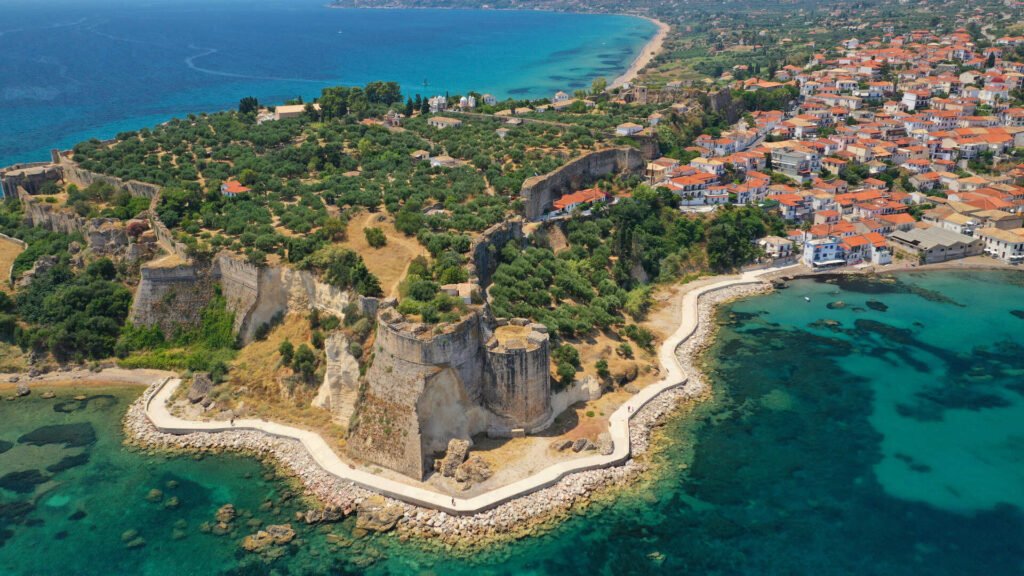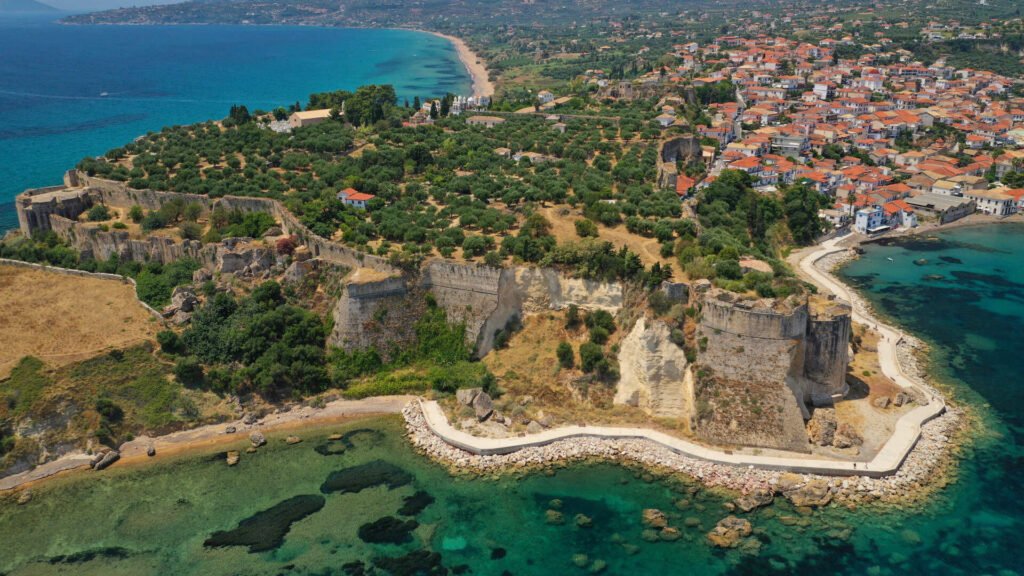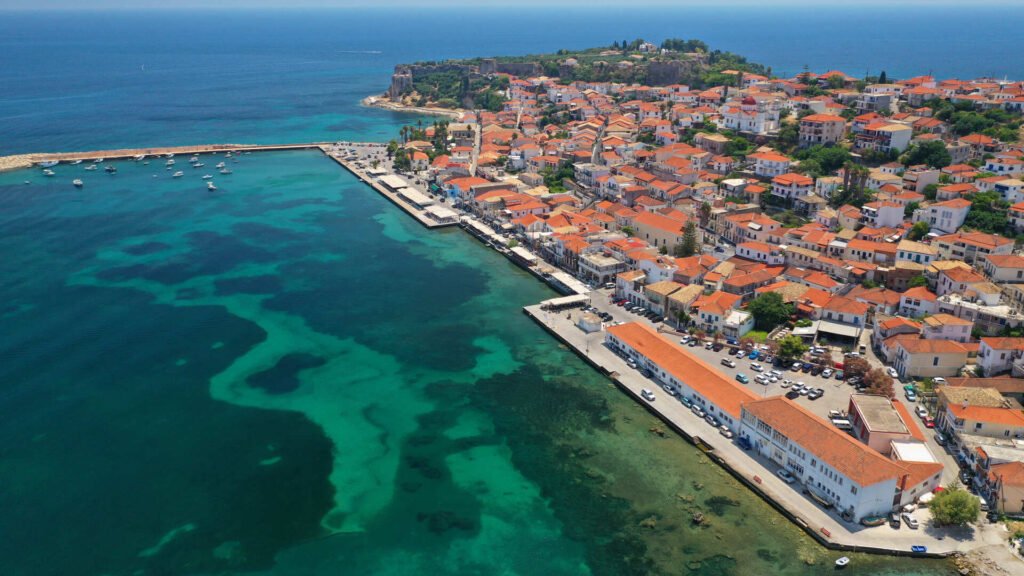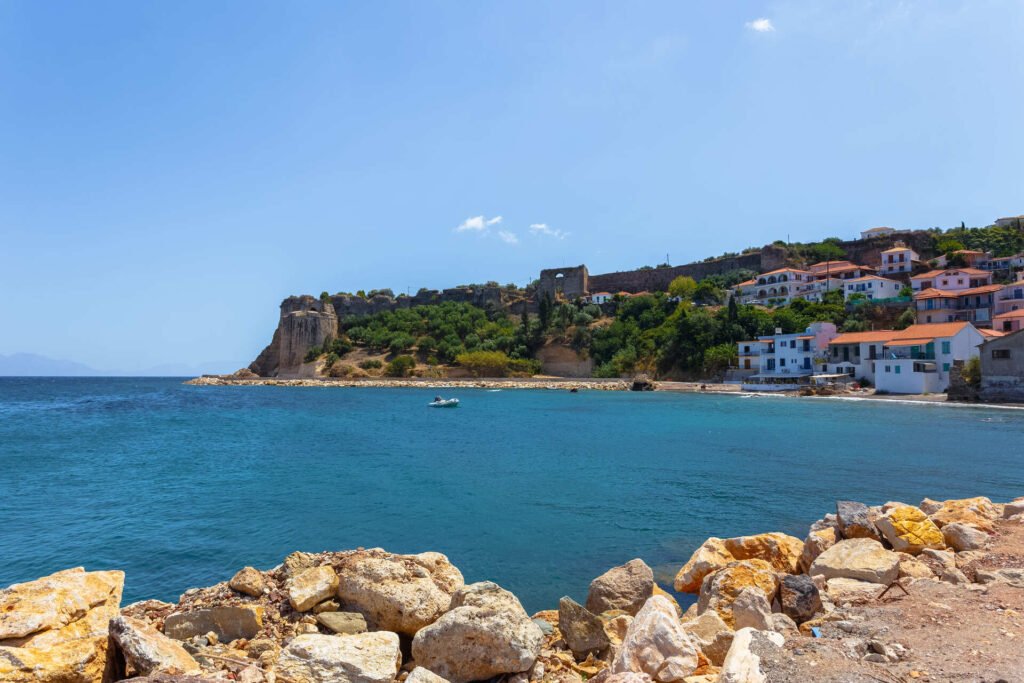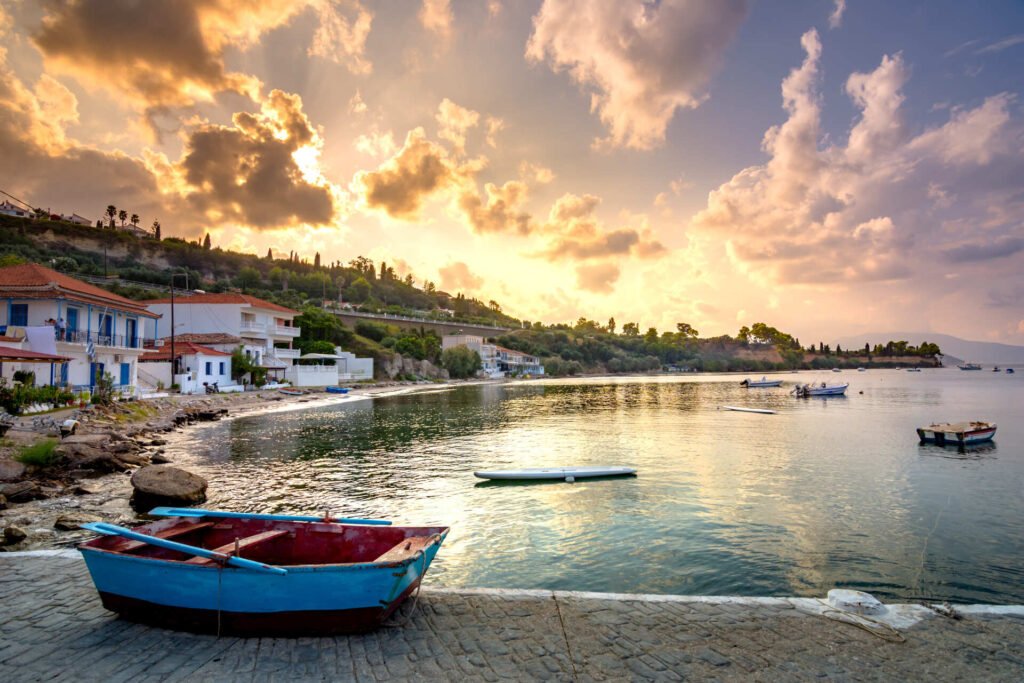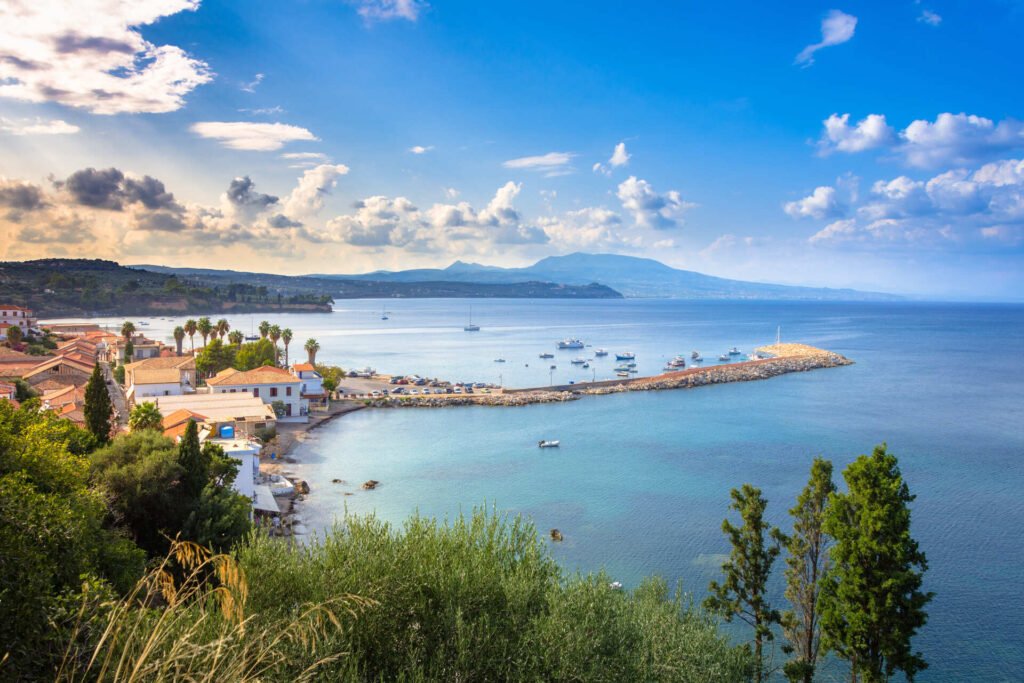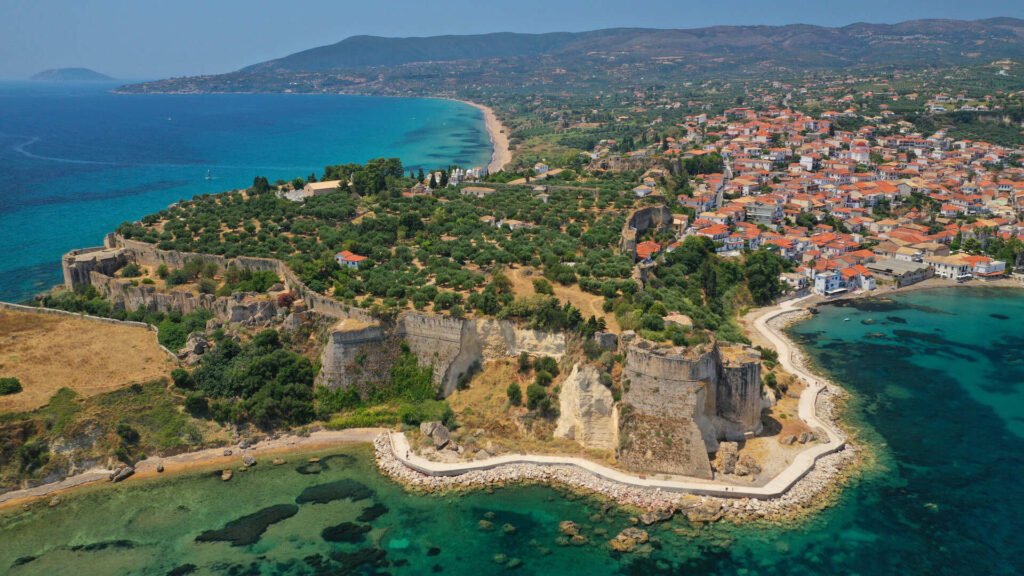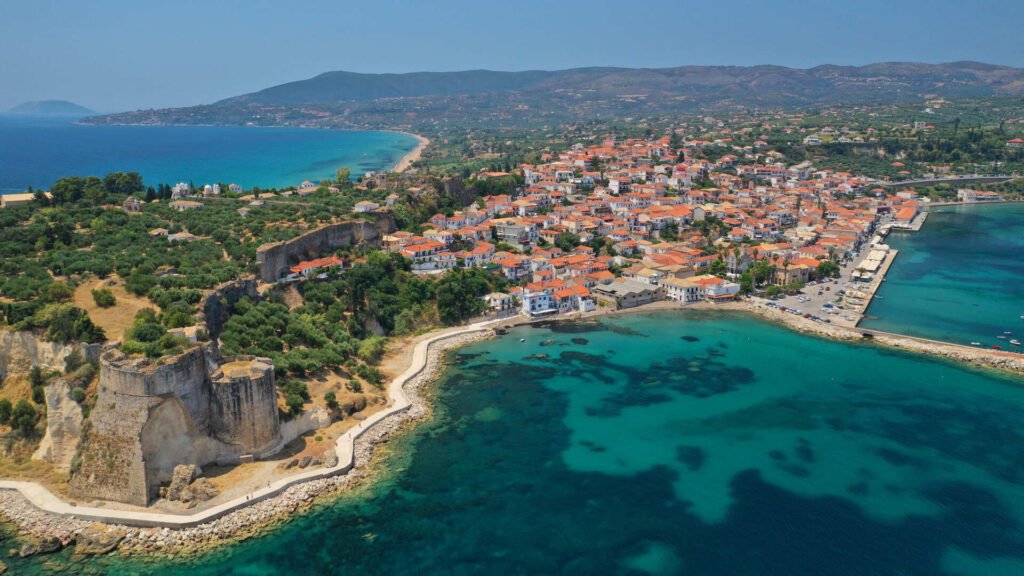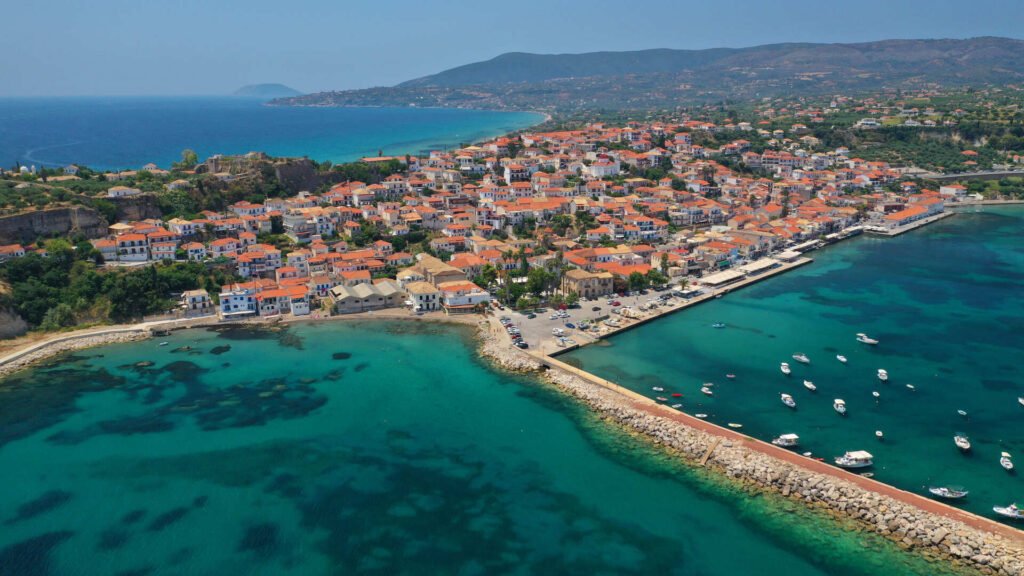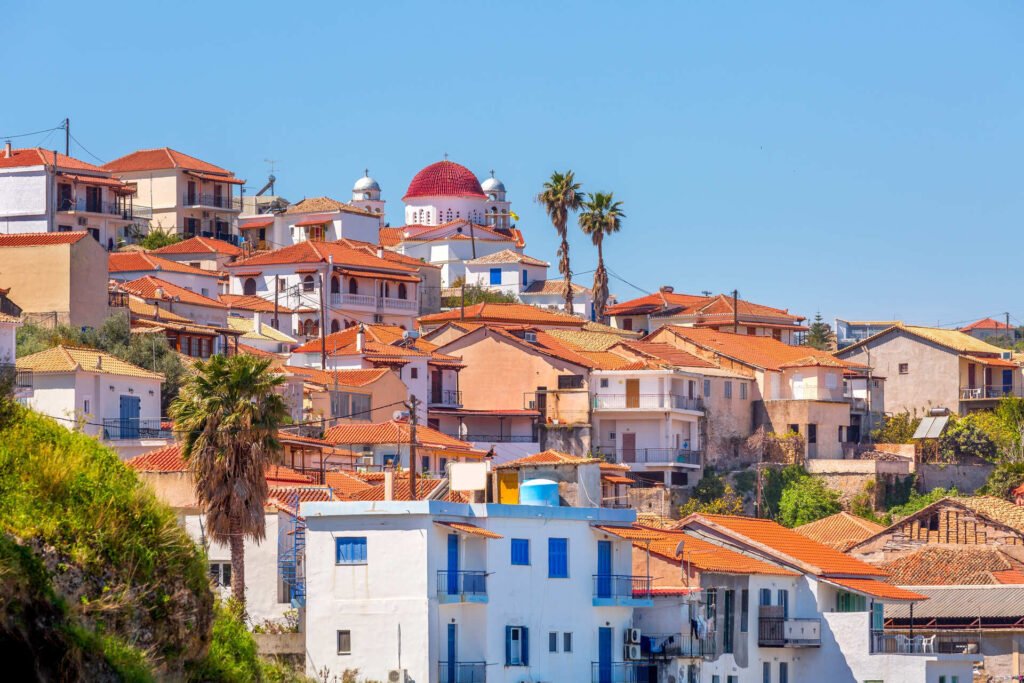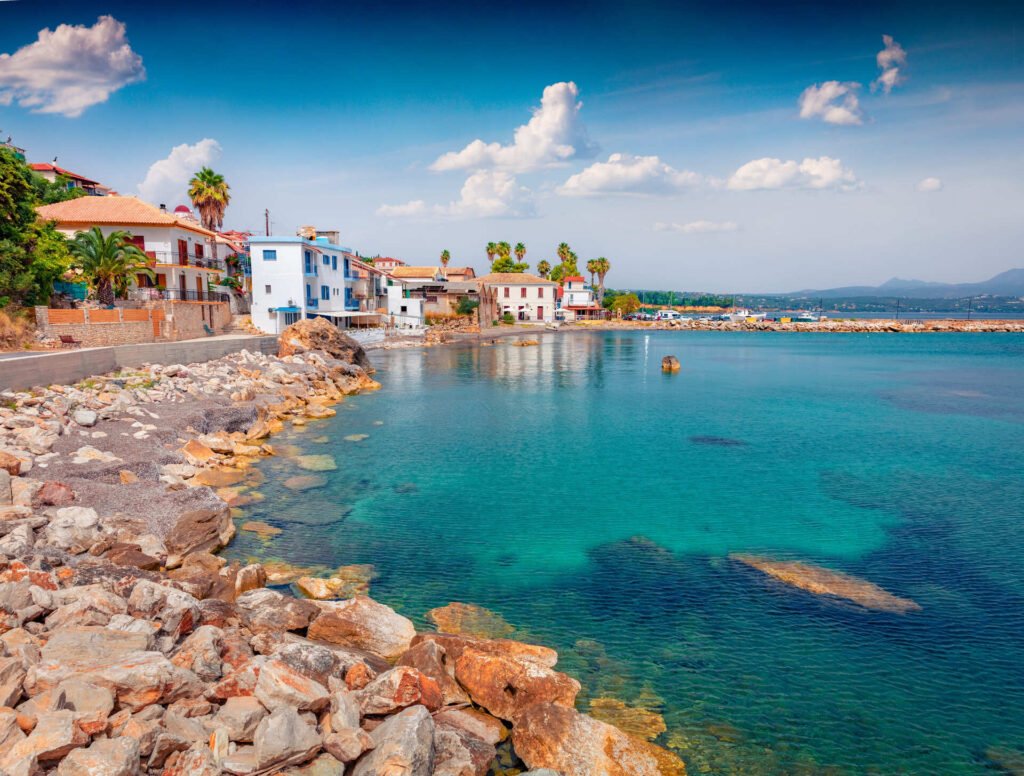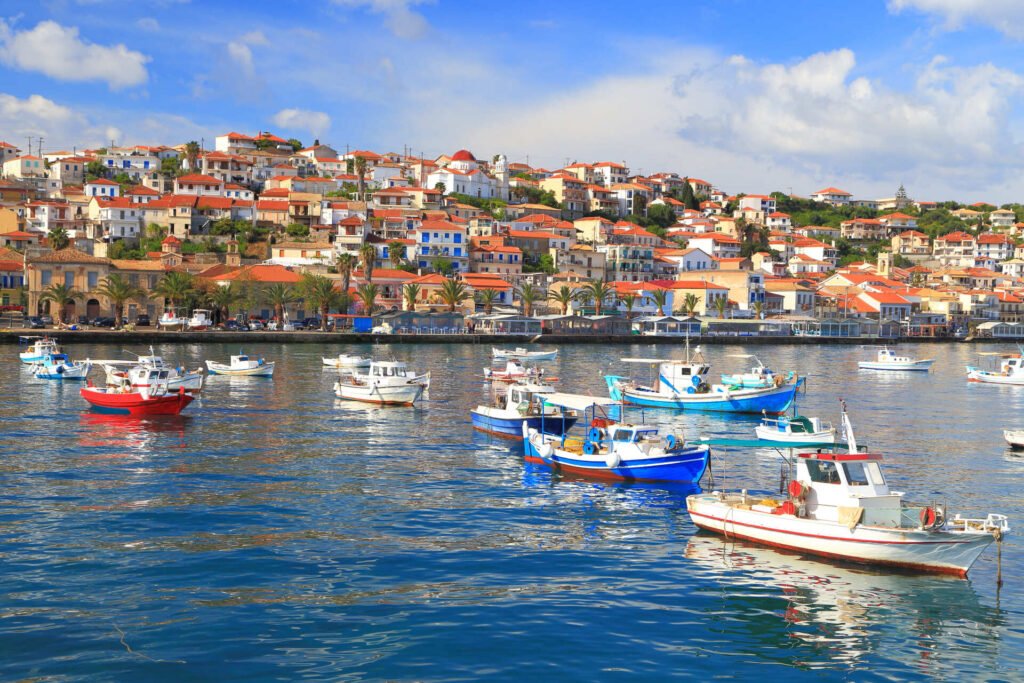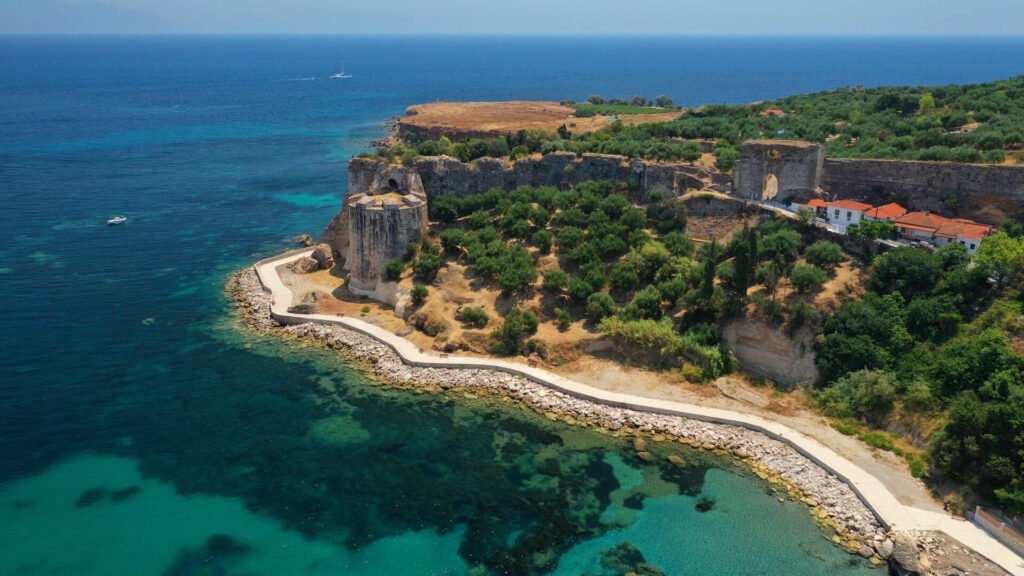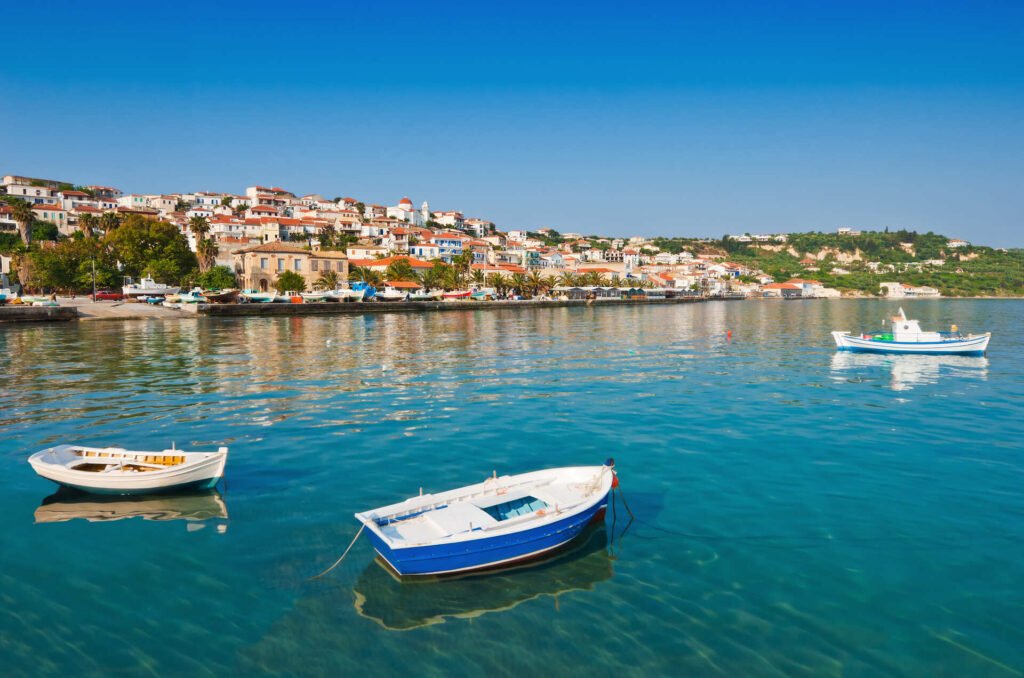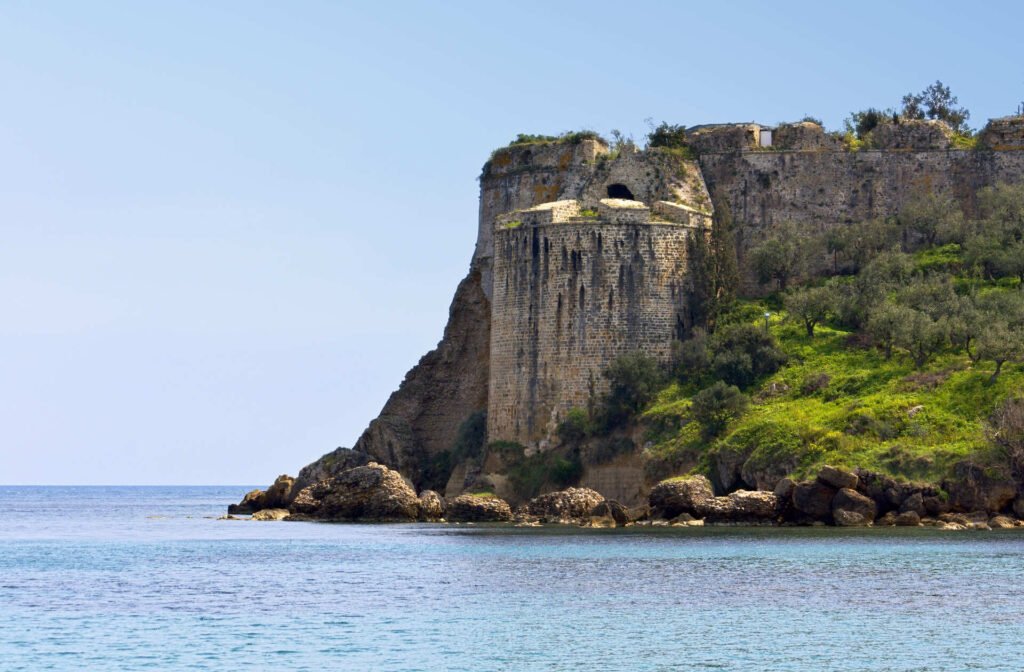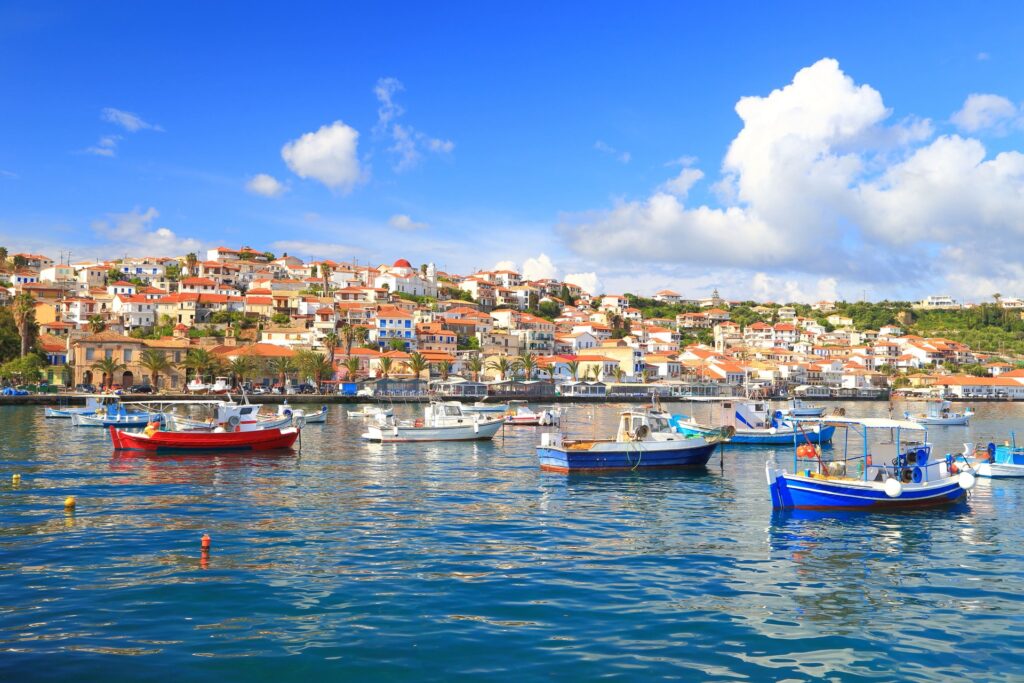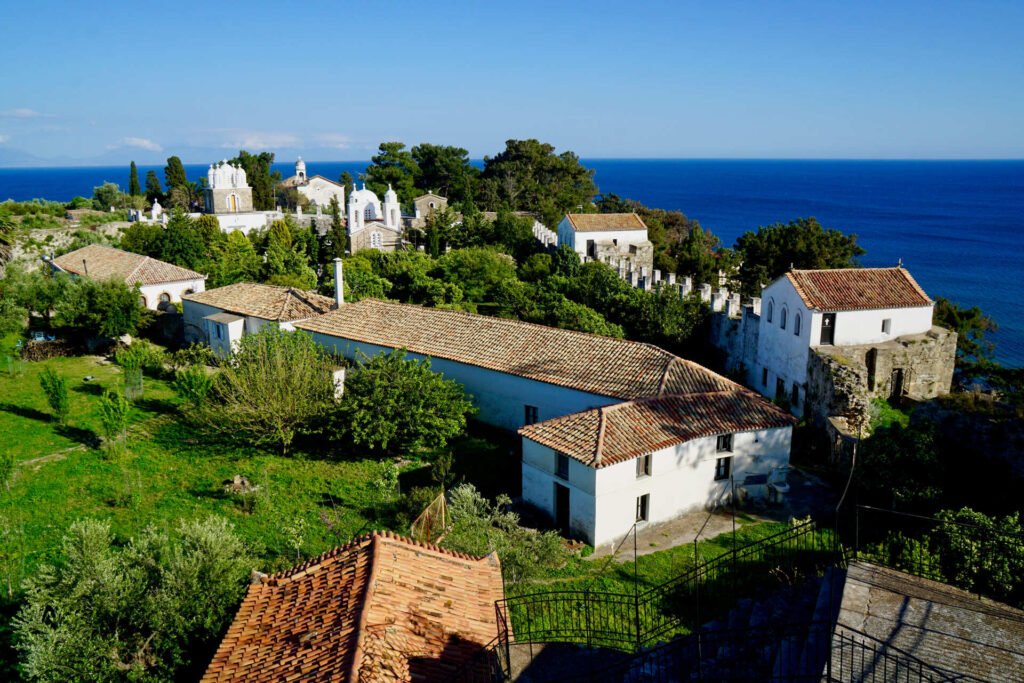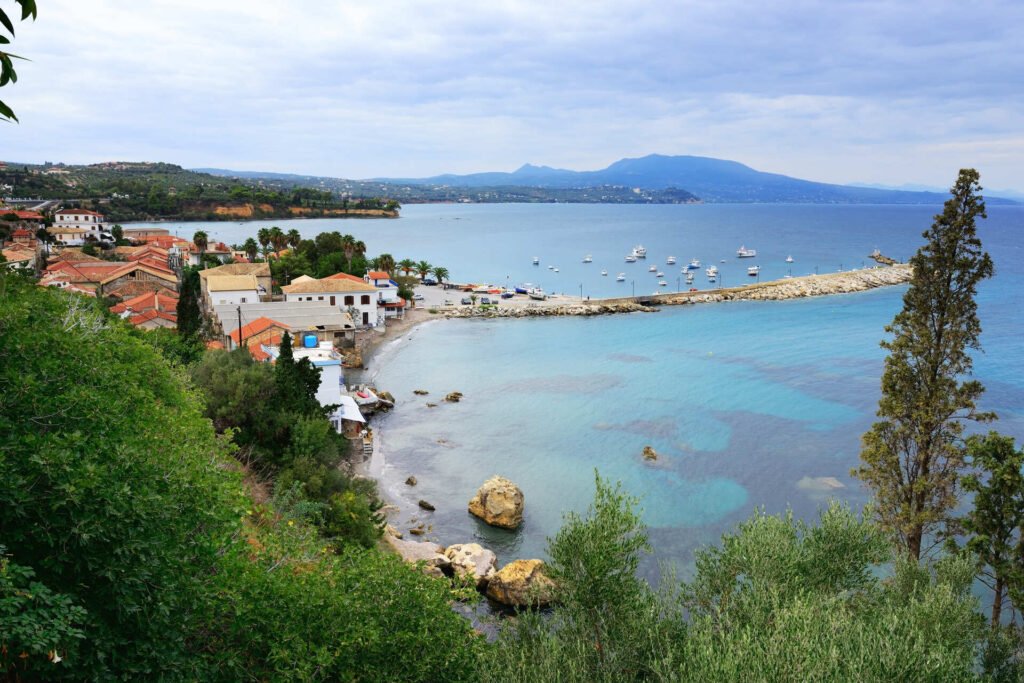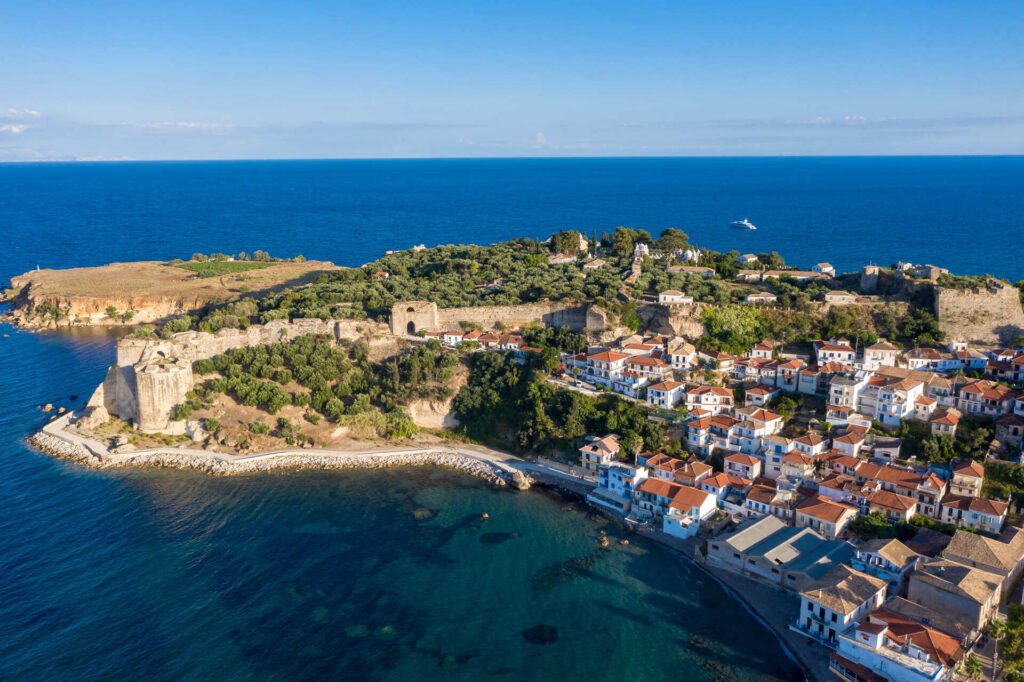The history of Koroni
The origins of Koroni are lost in the depths of the centuries. With the descent of the Dorians during the Mycenaean era, their leader Cresphontes founded the city of Rio on the site of today’s Koroni. In 720 BC Rio was renamed Assinia by the settled Assinites from Argolida who had been exiled by the Argives after the 1st Peloponnesian War. In 365 BC Epimenides from Thiba, in order to estaqblish a sphere of influence of the Thebans in Messinia, founded Koroneia or Koroni upon the ruins of Homeric Apeia (today’s Petalidi).
Koroni was at that time a rich city with temples, gymnasiums and statues. It had its own currency and port and was a member of the Achaean League. Then the Romans came to share prosperity with the Coronians and Assinians. Between the 5th and 6th centuries AD the Corononians moved and settled in what was then known as Assinia (today’s Koroni). Therefore, the area acquired three names over the centuries, Rio-Assini-Koroni and two locations, for 900 years at the site of Apeia (Petalidi) and for 1.500 years where it is today.
In Byzantine times, Koroni was referred to as a small but powerful city with a strong castle, while at the same time it is at the heart of conflict and political influence for the domination of the area between East and West.
In 1205 AD the Franks of the 4th Crusade arrived and settled in the area. Then, in 1207 AD and for 300 years, Koroni came under the rule of the rising power of Venice. The 300 years of Venetian domination is the golden age of Koroni as it became a commercial and maritime center. It is no coincidence that Koroni and neighboring Methoni were called “The Eyes of Venice”. In fact, the famous castle of Koroni, which stands up to date imposing and fierce and is still inhabited, dates back to the 6th century and is an example of the Venetian influence on the town.
From 1500 up until the revolution of 1821, due to its strategic position, it became a battlefield between the Turks and the Westerners. After the liberation of the nation, Koroni enters a period of reconstruction and development. The Koroneans, loyal to their centuries-old tradition, are thriving through the cultivation of land, the sea, the trade and the industry.
The Barbas of Koroni
As for the origins of the well-known phrase “He/she has an uncle (‘’barbas”) in Koroni”, the most popular version is the following: During the Ottoman rule, a Pasha of Tripolitsa was the nephew of Bey of Koroni. The Pasha of Tripolitsa was taking care of many Koronean affairs when he received asking letters from his Koronean uncle.

